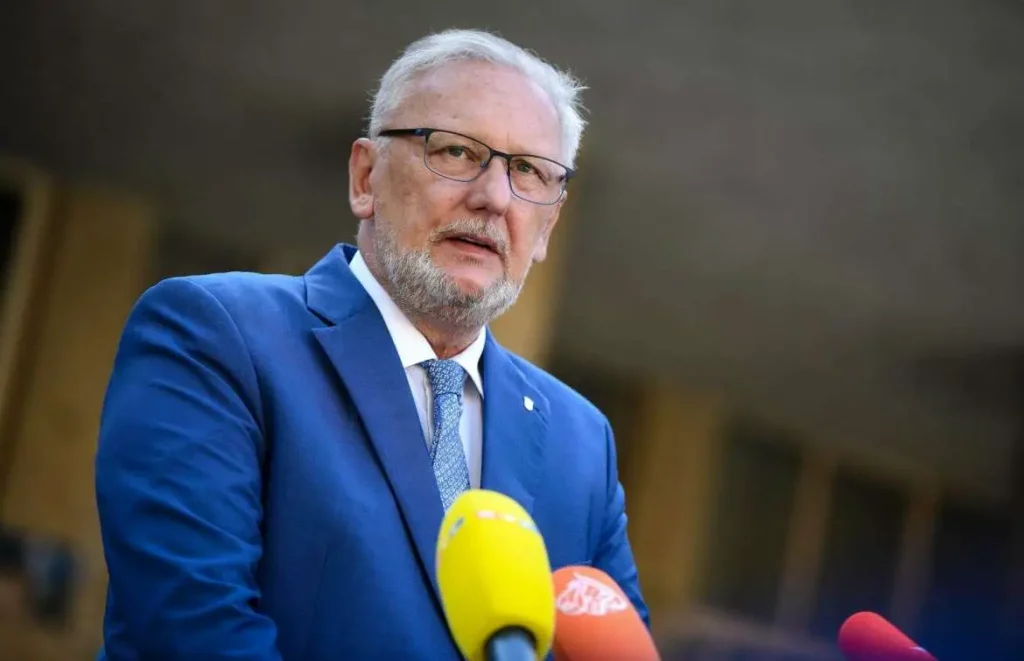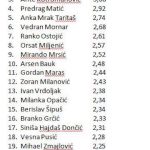“Many studies by Croatian and international institutions warn of the possible arrival of a large number of migrants as a result of the situation in Afghanistan. Europe must prepare itself for that. However, frankly speaking, the European Union is not fully prepared,” Božinović said at a meeting of the Croatian Parliament Committee on Human Rights and Rights of Ethnic Minorities.
The Committee met to discuss pushbacks of migrants by Croatian police on the border with Bosnia and Herzegovina.
Božinović said that in the event of a new migrant wave a huge burden would fall on Croatia’s shoulders. He said that Croatia could then be asked what it had done to ensure that migrants did not pass through its territory in large numbers, which would call into question its ability to guard the EU’s external border.
Speaking of the situation at the border, Božinović said that despite the efforts by the Croatian police, migrants were able to get across the Croatian border, which is more than a thousand kilometres long, as shown by citizens’ reports of their holiday cottages and farm buildings being broken into by migrants. These illegal border crossings are not accidental or without risk to migrants, local population and border police, he noted.
Božinović said that this was a security challenge against organised crime that should not be underestimated, stressing that 4,000 people smugglers had been arrested so far. He said that the Interior Ministry was seeing an increased number of asylum applications, while at the same time it also frequently faced accusations that it was denying migrants access to asylum.
“The fact is that none of these people come to official border crossings to apply for international protection because they know that they do not meet the criteria for such assistance or they do not want to enter the asylum procedure because they risk being returned from EU countries which are their final destination,” Božinović explained, adding that 80 percent of asylum seekers do not wait for the outcome of this process but “they simply disappear.”
Migrants go to other countries, but they cannot do this legally, without the assistance of smuggling rings who make money on other people’s misfortunes, Božinović said.
He dismissed allegations made in the media that Croatia was doing dirty work for the EU, noting that migrants trying to reach Austria or Germany would have to pass through Croatia anyway, whether it was a member of the EU or not.
National chief of police Nikola Milina said that preventing illegal migration was a strategic priority as part of which the police were increasing their legal and technical resources.
Committee member Dragana Jeckov of the Independent Democratic Serb Party asked if there was cooperation with security services in neighbouring countries, to which Milina said that the Croatian police maintained close cooperation with those services, but added that joint patrols had been suspended because of the coronavirus pandemic.
Confirming the cooperation, Božinović said that the neighbouring countries did not have the same interests as Croatia. “Bosnia and Herzegovina wants migrants to get across the border and enter Croatia as quickly as possible, while our interest is to prevent illegal border crossings,” he said.










